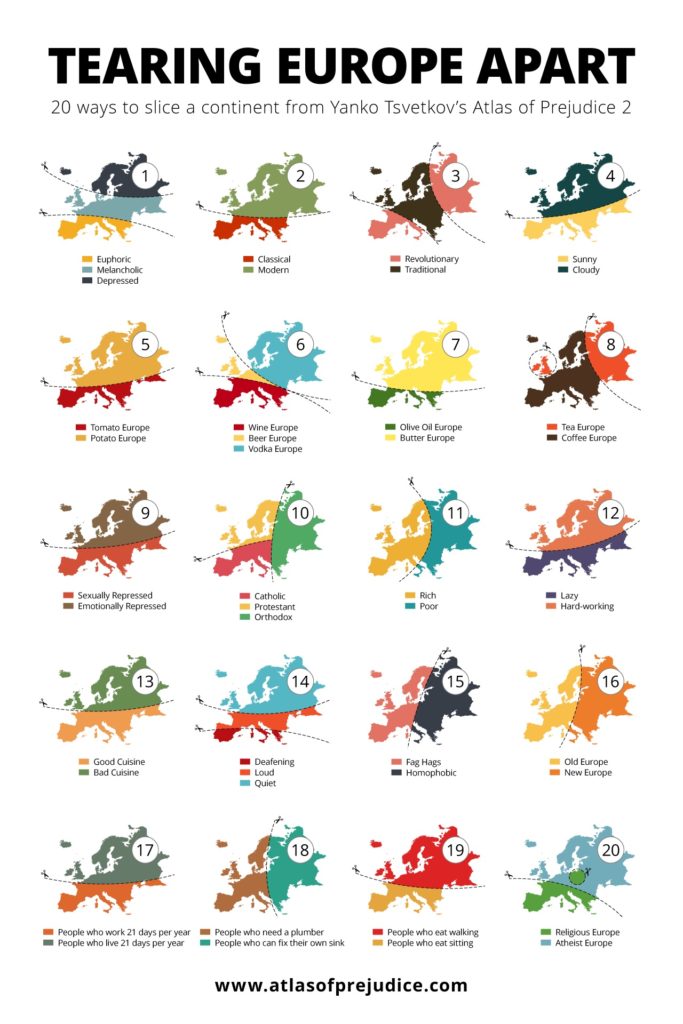This video, which I saw on Nebula but which is also available on YouTube, explores a hypothetical alternate history in which the Schuman Plan/European Coal & Steel Community never happened, and the knock-on effects lead to no EU, a more fragmented Europe, and an ultimately more-fractured and more-complicated Europe of the late 20th/early 21st century.
Obviously it’s highly-speculative and you could easily come up with your own alternative alternative history! But the Twilight Struggle player in me as well as the alternate history lover (and, of course, European Union fan) especially loves the way this story is told.
It’s worth remembering that for the last half-millenium or more, the default state of Europe has been to be fighting one another: if not outright war then at least agressive economic and political rivals. Post-WWII gave Europe perhaps its longest ever period of relative peace, and that’s great enough that all of the other benefits of a harmonised and cooperative union are just icing on the cake.
EU Made Simple is a fantastic channel in general, and I’d recommend you give it a look. It ties news and history in with its creators outlook, but it’s always clear which bits are opinion and it’s delightfully bitesized. For Europeans-in-exile in this post-Brexit age, it’s hopeful and happy, and I like it.
Happy Europe Day, one and all.


